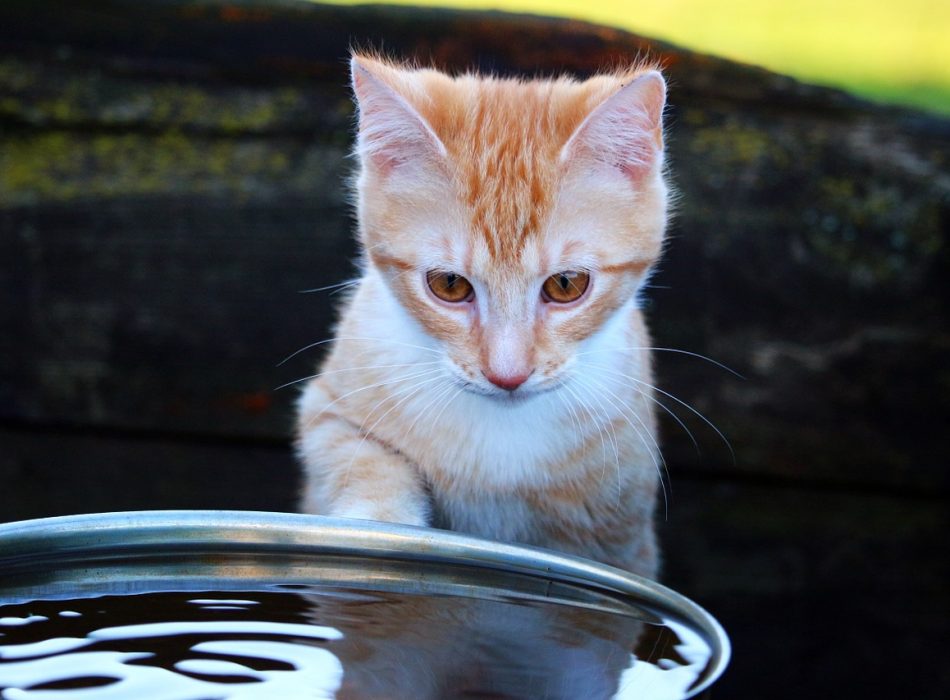Kitten-proofing your house is the first and most important step in adopting – here’s how to do it properly…
Kittens are terrific fun to adopt, and make for loyal and loving pets. But there’s more to homing a kitten than just bringing it back in a box and letting it roam. So before you welcome your new little fuzzball into your home, there are a few things to know.
Cats in general are independent by nature, but kittens still cannot quite take care of themselves. Before you adopt, make sure there is room in your life for a feline. There are some breeds that are a bit more emotionally needy than others, such as the highly intelligent and active breeds such as Siamese and American Coon. Others are better suited to ‘working parents’, such as British Shorthairs, Chartreux and Bombays.

"One instinct is to back away, but the other tells me there may be little fishies in there to play with"
Best practise is to get your adopted kitten taken for a check-up and have its immunisations before bringing it home. You should also strongly consider getting the kitten spayed before bringing them home to prevent territorial markings and behavioural issues. This can mean the difference between a healthy and happy kitten, and a miserable kitten trying to claw its way through the doors or spraying your furniture.
Get a good litter box and quality litter, too, preferably non-toxic wood chip based which contains fewer chemicals and produces less dust than odour controlling gravel litter. Clumping litter is very convenient as well, as you only need to clean out the offending bits each time and not replace the litter in its entirety for some time. Kittens and cats also appreciate privacy and security, especially when doing their personal business, and covered boxes totally tick this box. Just remember to keep the box clean, and clean it out at least once a day.
Don't underestimate how enterprising and mischevious those felines can be, nor how much you are going to love them and want to keep them healthy.
Kittens love to play (and we love to play with them, right?), but playthings needn’t be expensive – just make sure there’s enough to keep your kitten happy, active, and mentally occupied. Favourite toys such as toy mice, string, feathers, sticks, and - especially - empty boxes make for great amusement.
If you don’t want your sofa shredded, your carpet ruined or your doors gashed, invest in a scratching post (and read our guide to controlling scratching ). Catnip is an excellent tool for kitten bribery and training, so be liberal with it on areas you’re happy for them to scratch.
Finally, with kittens, it’s essential you make sure you start a grooming routine early, and keep an eye out for any obvious health signs or changes in your kitten’s wellbeing, especially if they’re under four months old. And (of course) we recommend pet insurance, because let’s face it, it’s better to be safe than sorry. Don’t underestimate how enterprising and mischevious those felines can be, nor how much you are going to love them and want to keep them healthy.

"I'm going to fluff all over your blankets"








